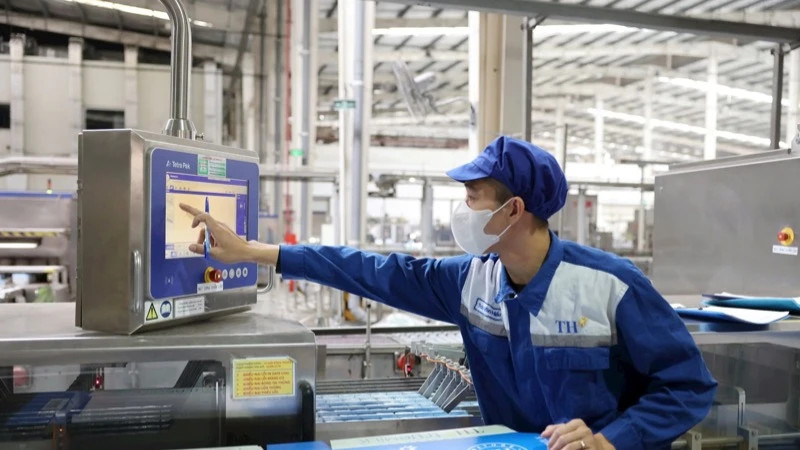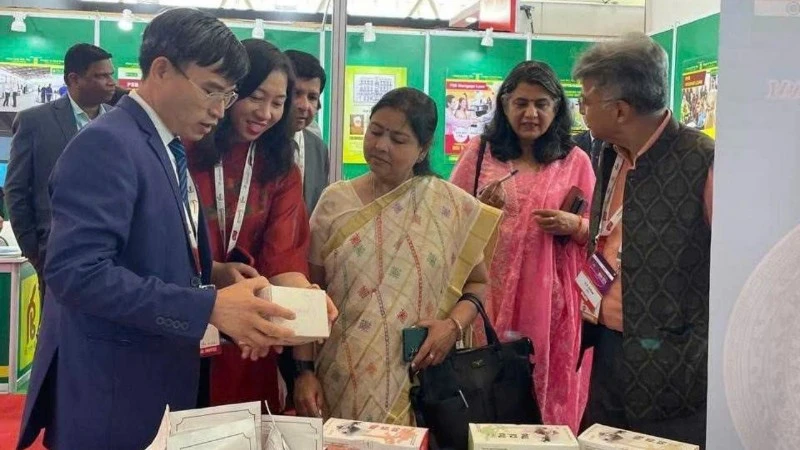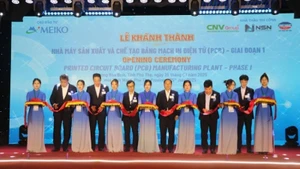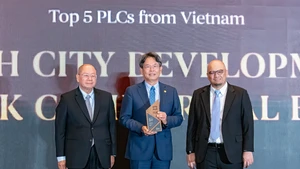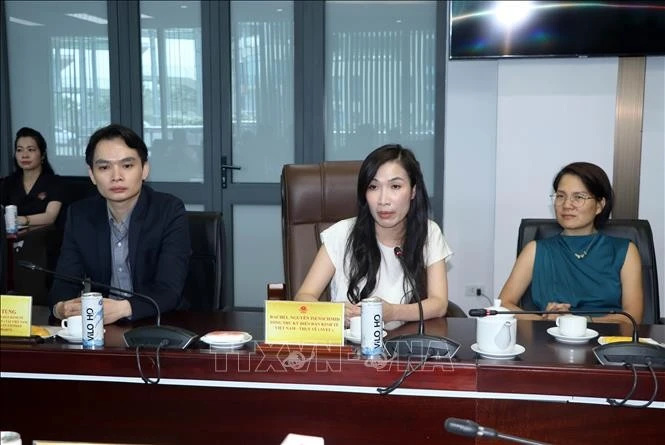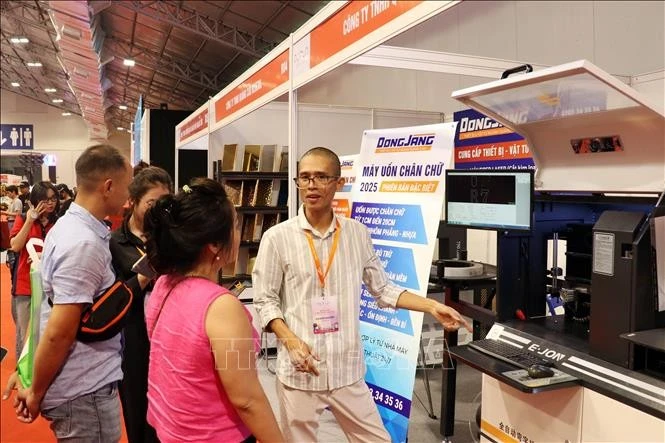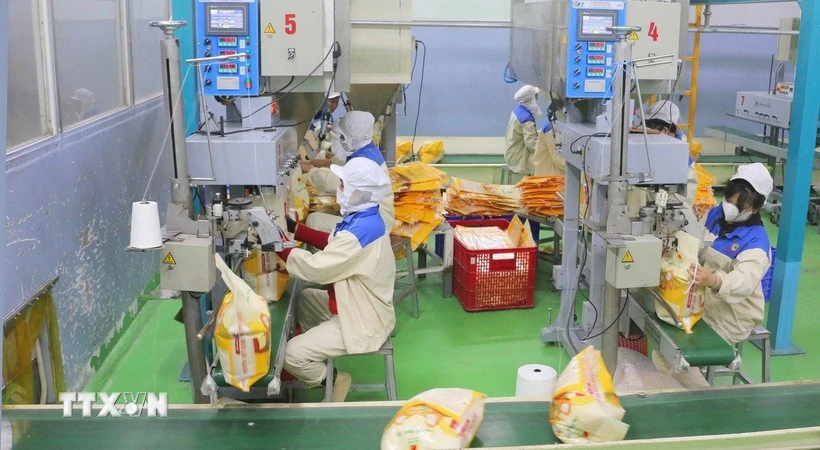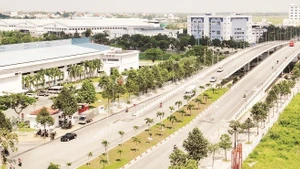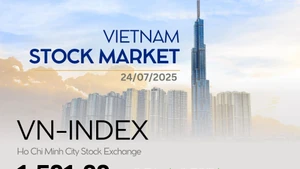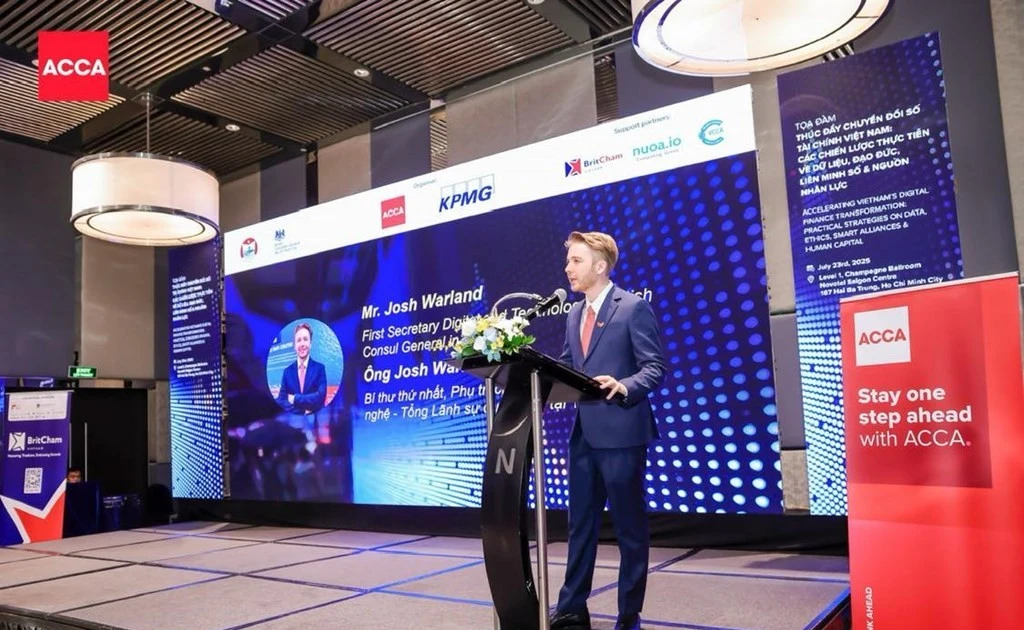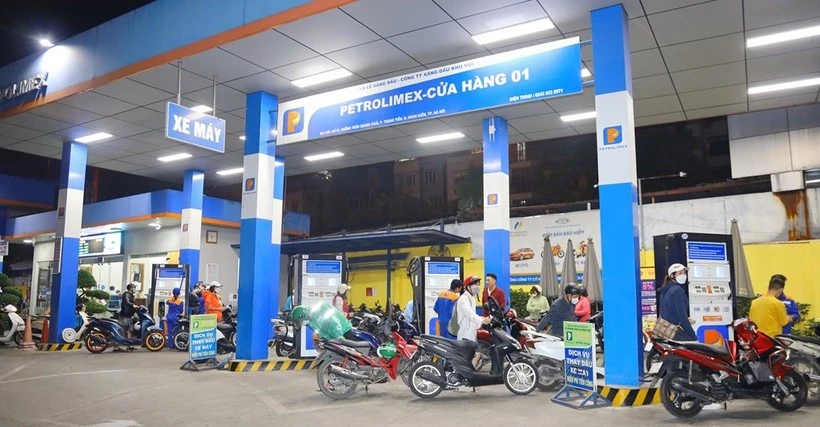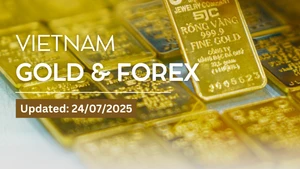Pioneering green transition
Reducing greenhouse gas emissions and achieving carbon neutrality are not mandatory for all Vietnamese businesses. However, there is a growing awareness among enterprises about the importance of green transformation, especially in light of Vietnam’s pledge to reach net-zero emissions by 2050. The government has introduced various policies to encourage businesses to engage in emission reduction activities, providing a legal framework to facilitate effective green transitions.
Notably among them are Party Central Committee’s Resolution No. 24-NQ/TW dated June 3, 2013, on responding to climate change; the National Programme on Renewable Energy and Energy Efficiency (2015), which includes various incentive policies; Decision No. 2068/QD-TTg on carbon market development (2020), which allows for carbon credit trading; and the amended Law on Environmental Protection, which requires greenhouse gas inventories for major-emitting enterprises.
With the above-mentioned incentive policies, businesses in Vietnam have proactively implemented numerous measures to reduce greenhouse gas emissions and adopt green technologies to achieve sustainable development goals. Notably, there is a growing trend of establishing dedicated departments for research and innovation in this field.
VinGroup has made significant investments in VinFast electric vehicle projects, contributing to reducing greenhouse gas emissions in transportation and developing renewable energy. Masan Group has launched initiatives to recycle plastic products, reduce waste, and increase the use of green energy in its manufacturing plants.
Foreign-invested companies like Nestlé, Coca-Cola, and Unilever are also integrating green technologies into their production processes, focusing on water conservation and waste reduction within their supply chains.
Additionally, TH Group and Vinamilk have achieved carbon neutrality certifications from international organisations such as Control Union and DNV GL. TH Group’s subsidiaries, TH Milk Joint Stock Company and Nui Tien Pure Water Co., Ltd., have been certified carbon-neutral under PAS 2060:2014 standards, marking them as pioneers in Vietnam to receive such recognition by the Control Union.
Challenges on the path to greening
Achieving carbon neutrality involves minimising greenhouse gas emissions during production and consumption, offsetting the remaining emissions through activities like afforestation, investing in emission reduction projects, or purchasing carbon credits.
For example, in 2023, TH Milk Joint Stock Company replaced oil-fired boilers with biomass boilers at its TH true MILK factory, reducing over 7,000 tonnes of CO₂ emissions. The company also switched to LED lighting, saving electricity and cutting approximately 214 tonnes of CO₂ emissions.
Carbon offset projects help businesses earn carbon credits, creating positive social, environmental, and economic impacts. Participating enterprises contribute to the United Nations’ Sustainable Development Goals (SDGs), particularly in community development, environmental protection, and sustainable economic growth.
For example, the VERRA 2548 green project, supported by TH Group to offset carbon emissions for TH Milk Joint Stock Company and Nui Tien Pure Water Co., Ltd., involves the free distribution of energy-efficient stoves to low-income households across Vietnam. The project delivers multiple climate and environmental benefits, such as reducing deforestation and forest biodiversity loss in local areas. It also cuts fuel consumption by 40–60% and improves public health by reducing indoor smoke, thereby helping lower the incidence of respiratory diseases caused by traditional cooking stoves.
However, businesses face challenges in the green transition, including high initial investments in new technologies and renewable energy, long capital recovery periods, and the need to change employee production habits. Additionally, the lack of financial support systems and stable mechanisms poses significant obstacles.
Addressing these challenges promptly will enable more businesses to become “yardsticks” for Vietnam’s sustainable development commitment.
